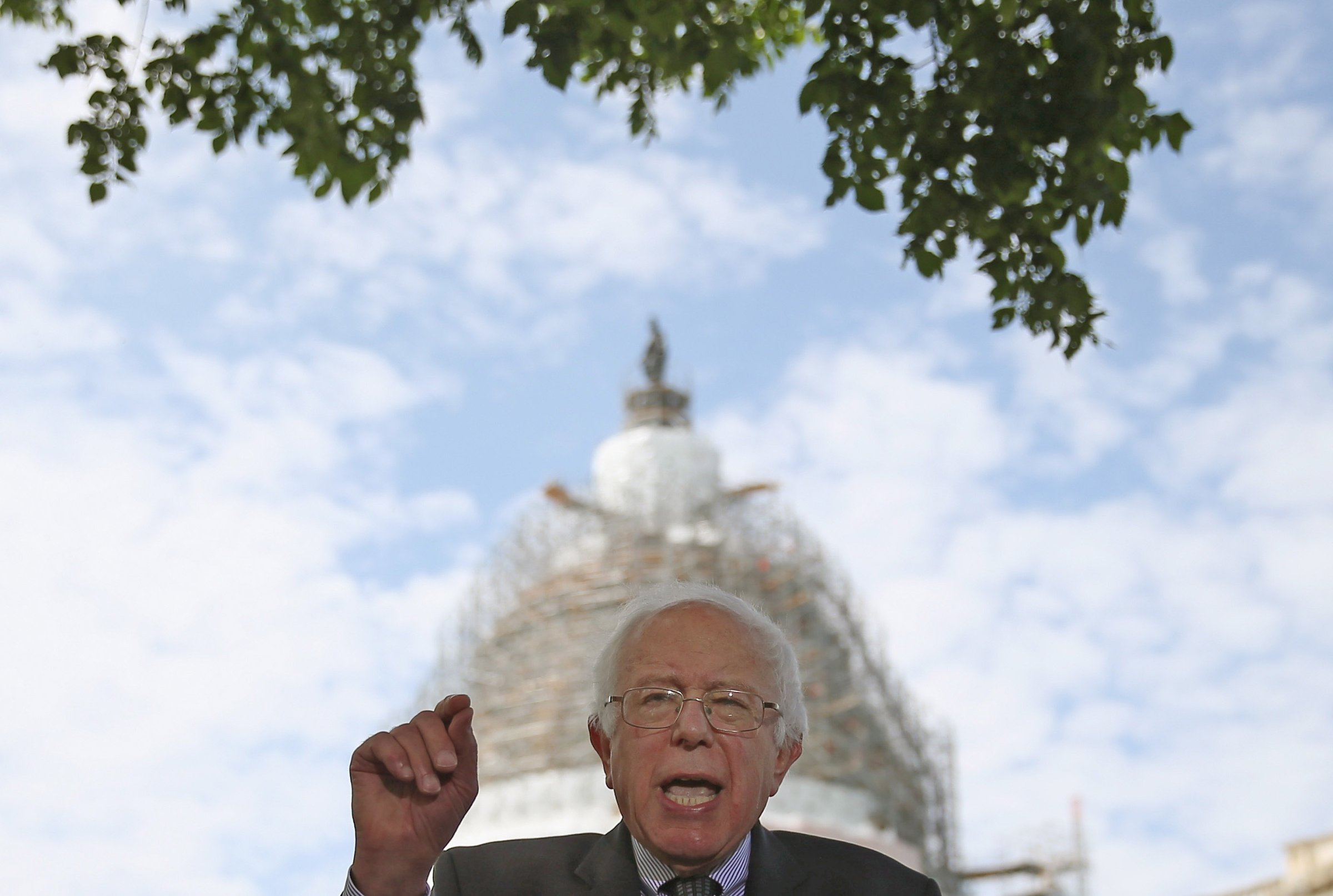
Bernie Sanders will hold the first major rally of his presidential candidacy Tuesday in a Burlington, Vt., waterfront park that he helped create as the city’s mayor. Attendees will eat free Ben and Jerry’s ice cream, and a homegrown Vermont band will bring on the senator. When Sanders speaks in the late afternoon sun, he’ll be framed Lake Champlain and the Adirondack Mountains. The setting will be as wholesome and uncompromised as Sanders’ progressive platform.
But nothing is as unblemished as it seems in politics, and Sanders long ago proved himself a far cannier politician than his idealistic trappings might suggest. Tuesday’s speech, for instance, probably would never have happened had the cantankerous Vermont senator not opposed a tax increase during his 1981 mayoral race. The five-term incumbent Burlington mayor, Gordon Paquette, supported raising residential taxes in the city; Sanders, the self-professed socialist, argued it was unnecessary and would hurt middle class residents. It was also a savvy political move: he won the mayoral race by 10 votes, and went on to serve in the House and Senate.
There, he negotiated a major deal with Arizona Republican Sen. John McCain on veterans care last year. An avowed opponent of larger defense spending, he nonetheless endorsed the decision to bring F-35 aircraft bases to Vermont, and has a somewhat hawkish record on guns rights, voting against the Brady Act in 1993, which required background checks for gun purchasers, and supporting a bill to protect gun manufacturers from lawsuits. Military bases and gun freedoms may satisfy his base in Vermont, but are negative notches for many progressives who demand ideological purity.
Sanders has also made a major concession in his preparation to run for president. After years of refusing to join the Democratic Party, his decision to run as a Democrat rather than an Independent gives him a shot at challenging Hillary Clinton in a debate. But it disqualifies him among some voters who want to see him shake up the two-party system. “The main reason I would not vote for Bernie is that he’s running as a Democrat,” says Scott Tucker, a progressive activist in California. “That’s a deal-breaker for me in a much bigger way that goes to the roots of democracy.”
See the 2016 Candidates' Campaign Launches
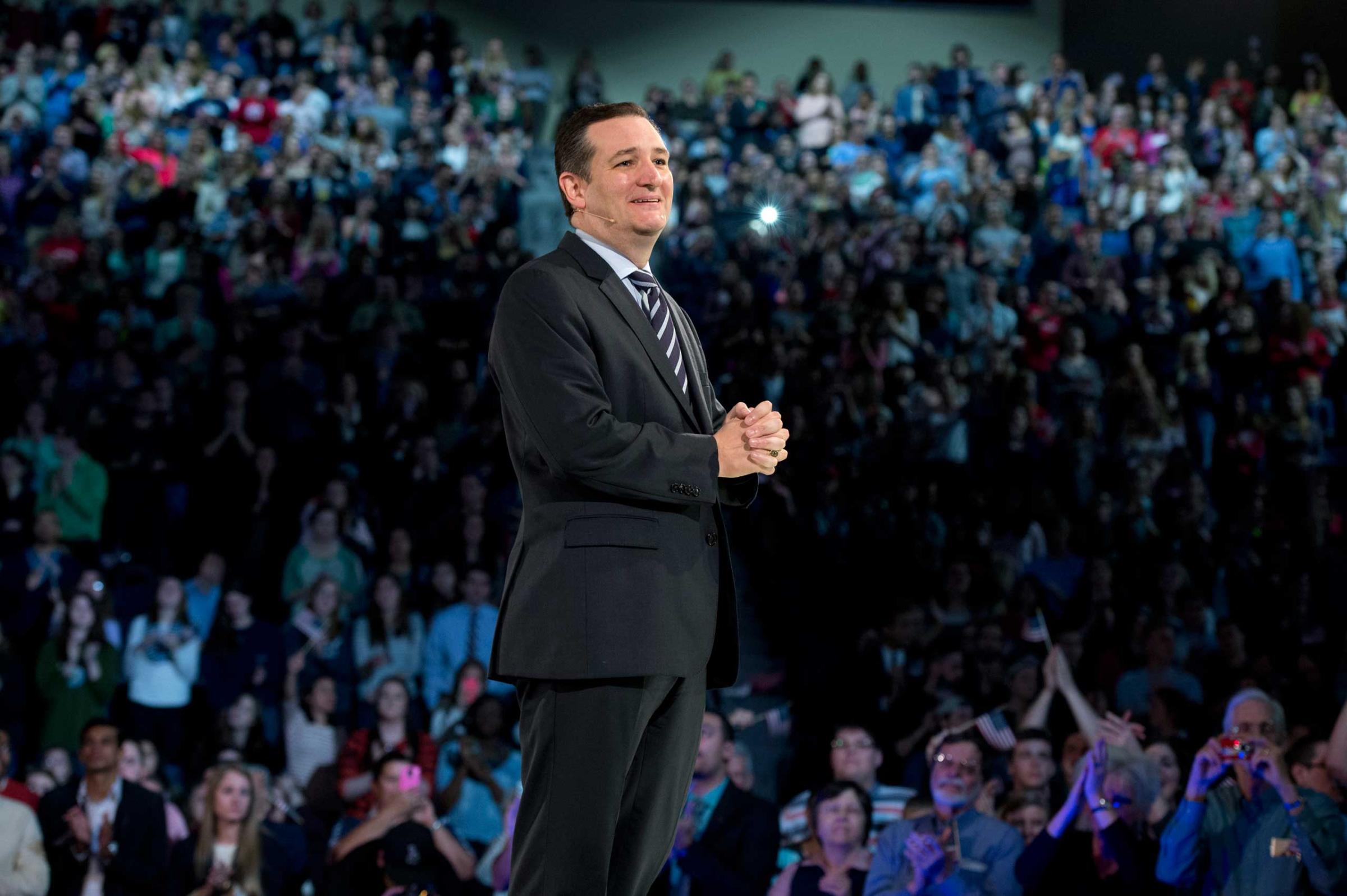
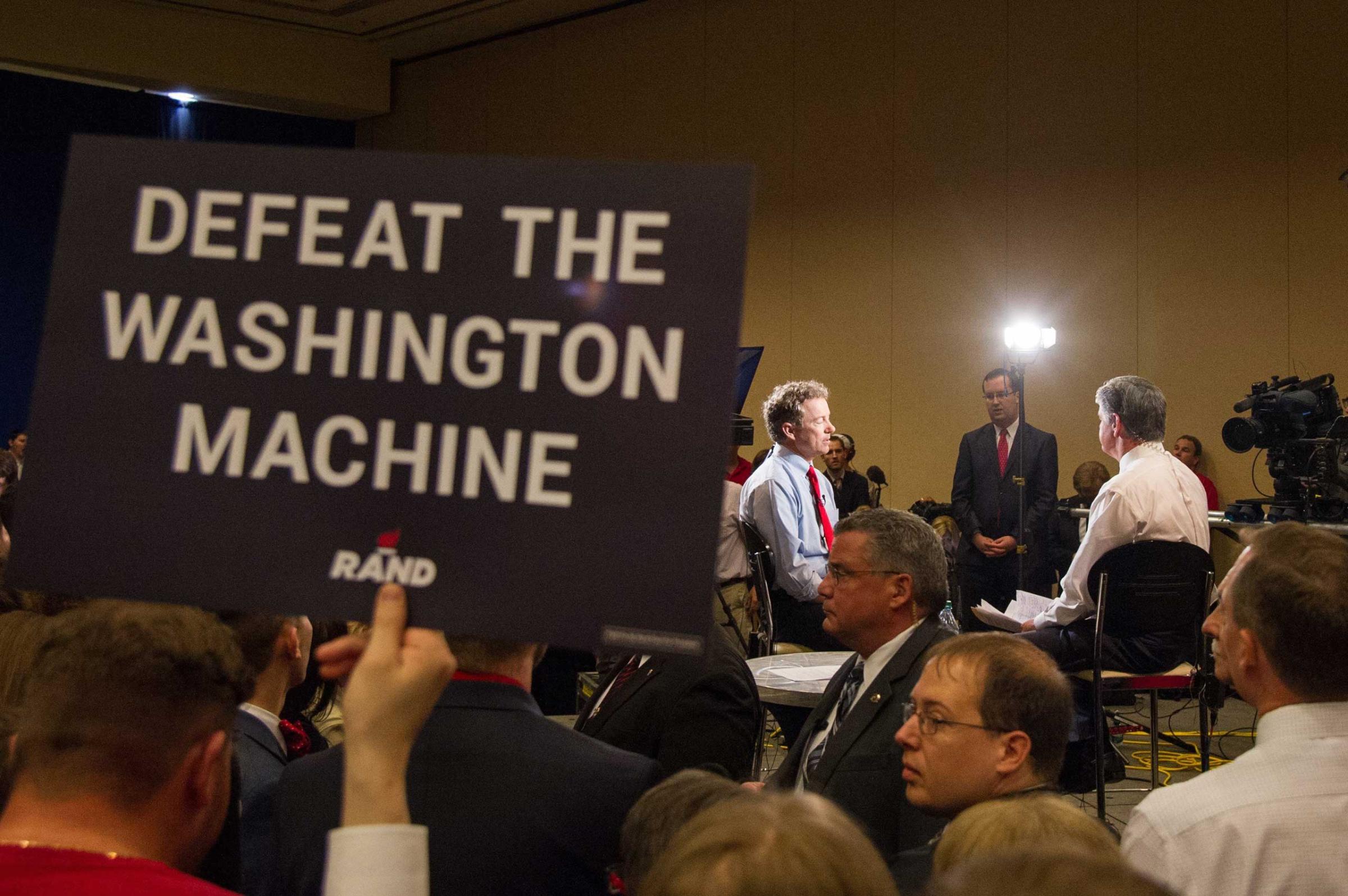

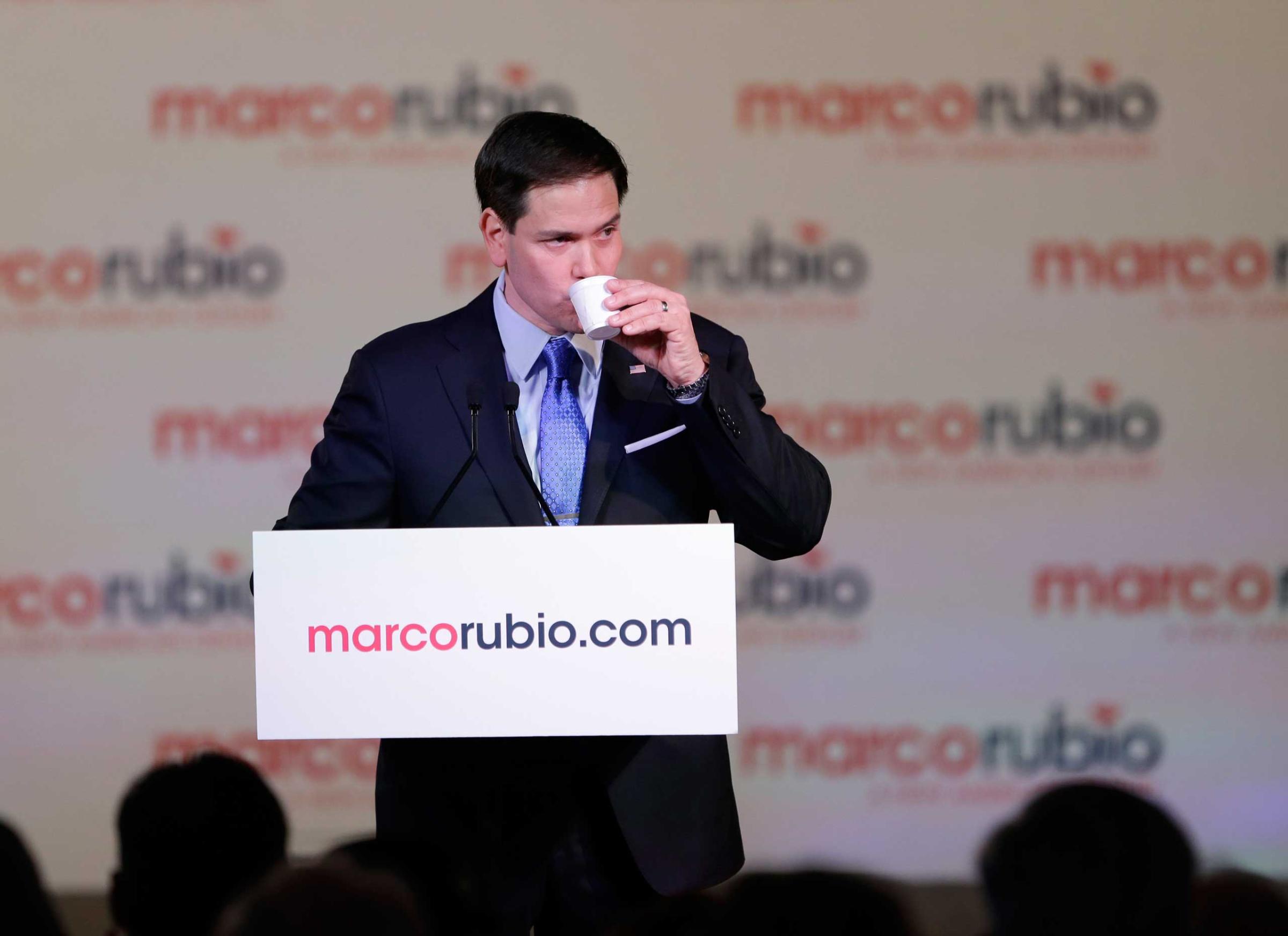
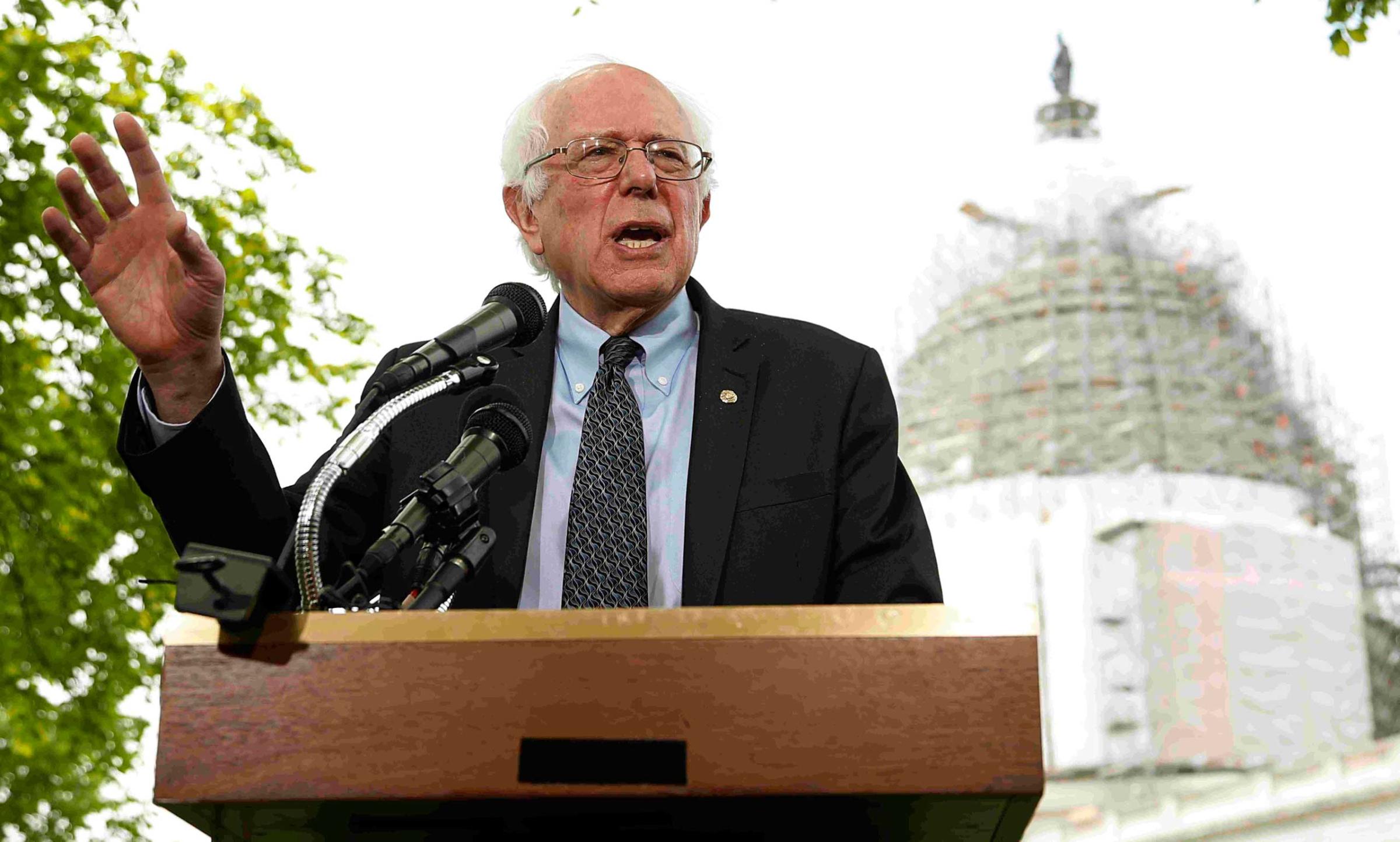
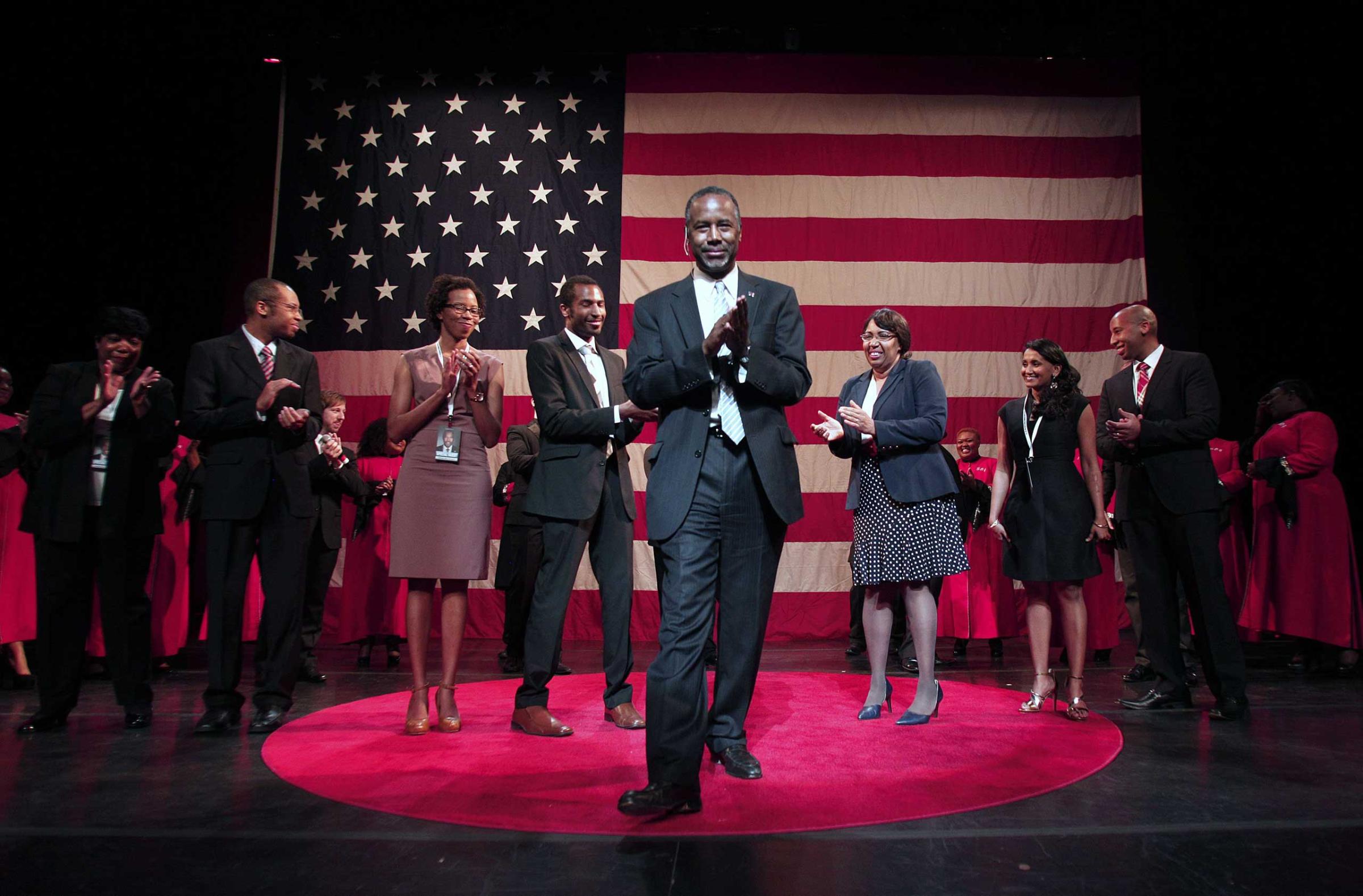
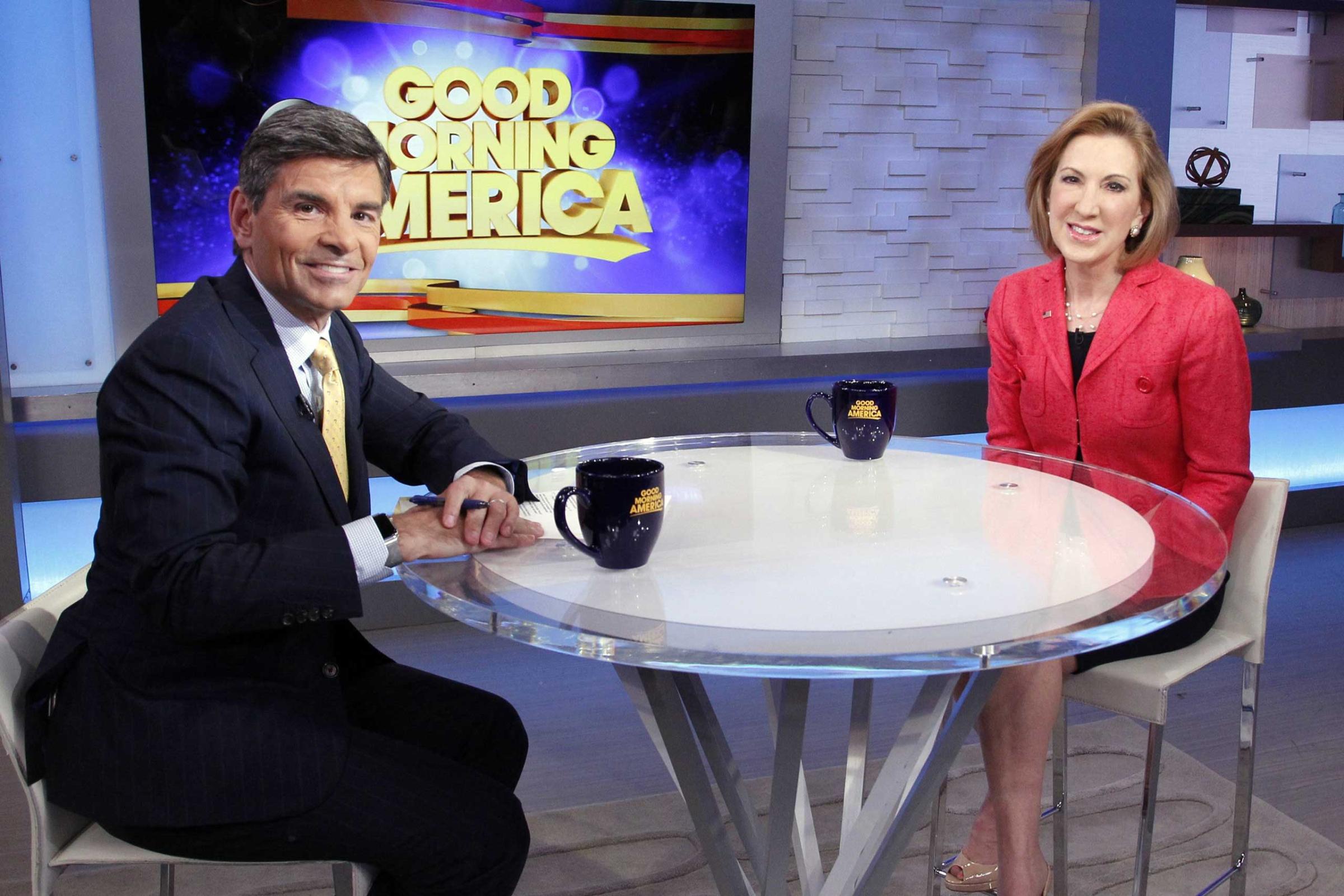
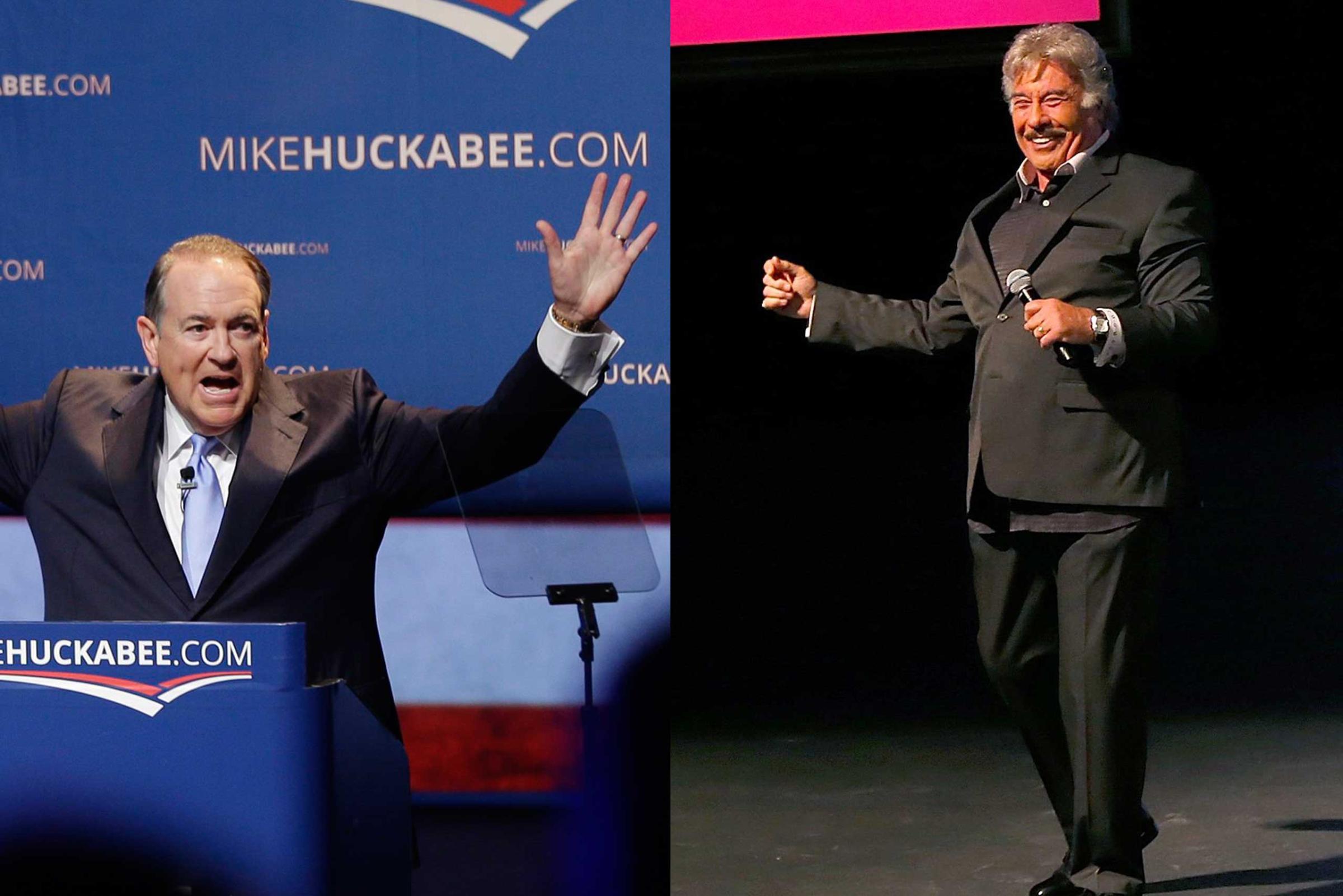
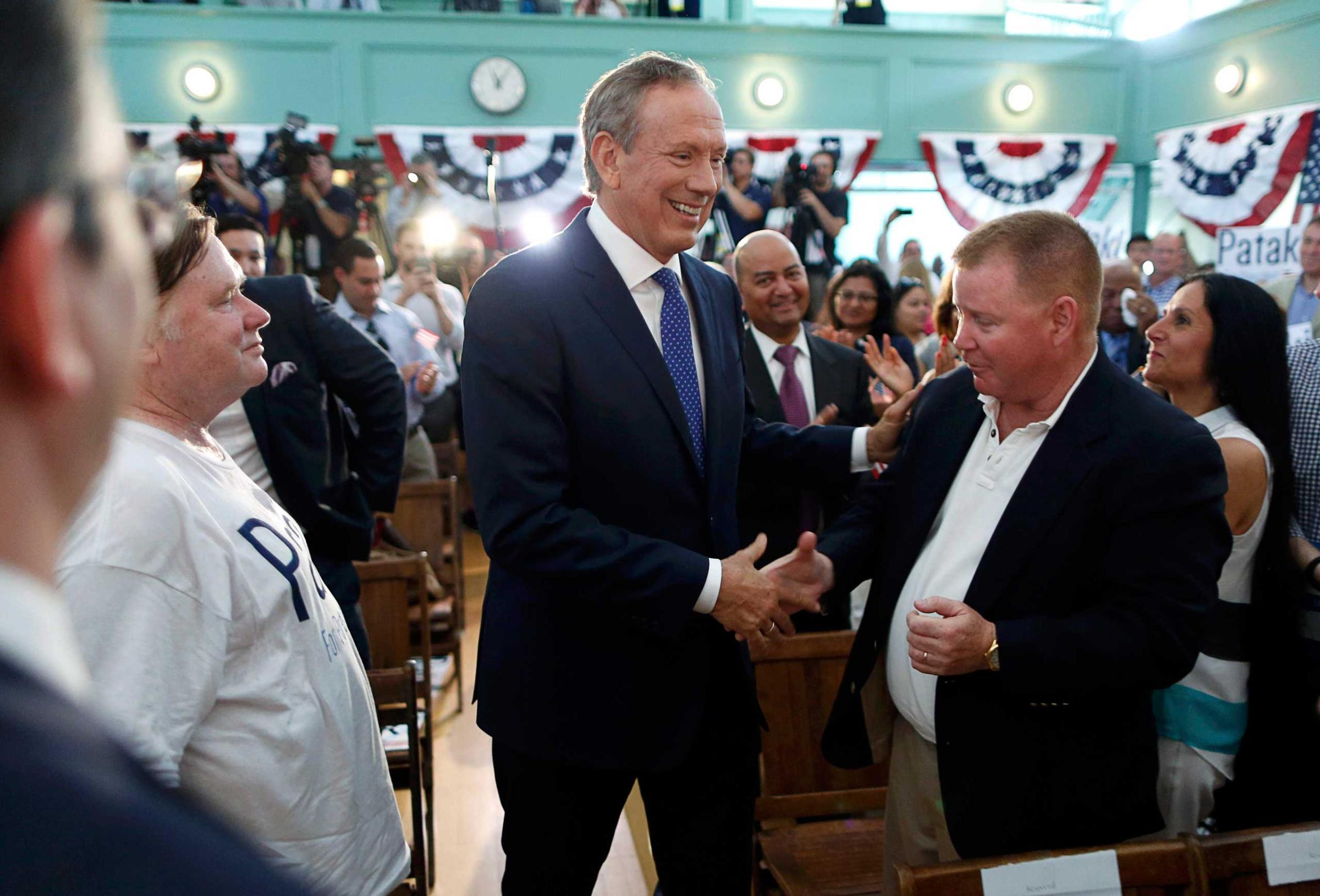
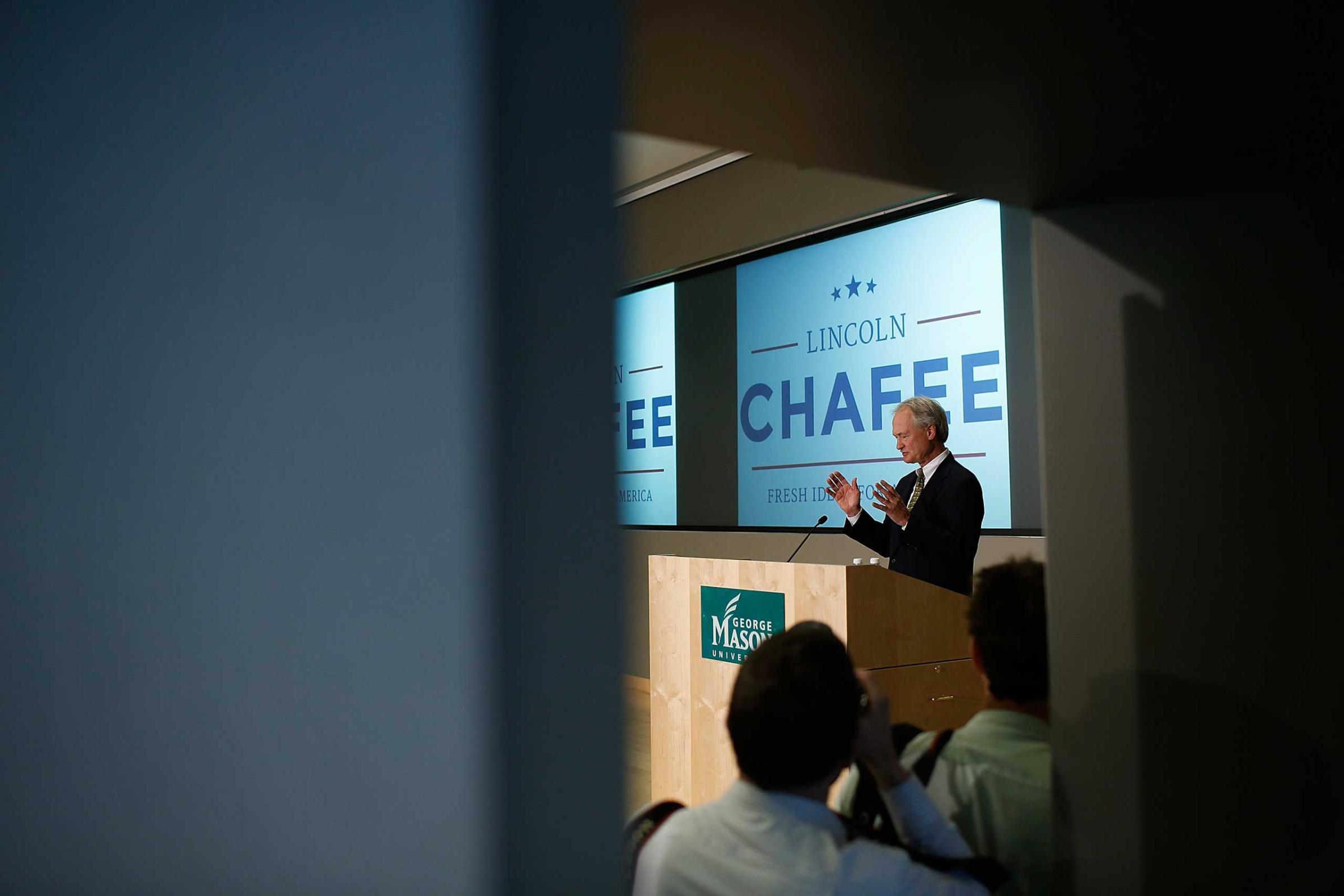
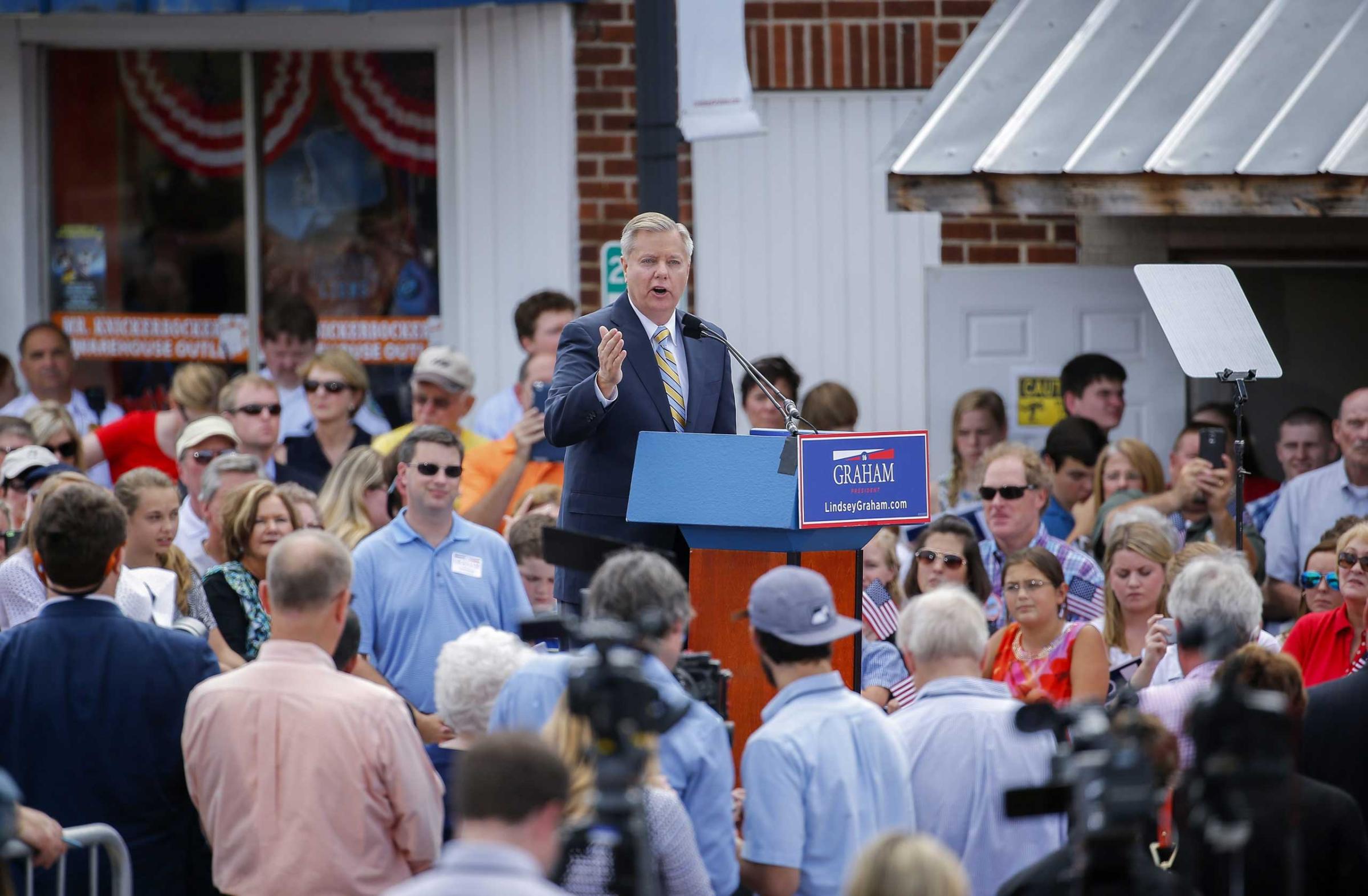
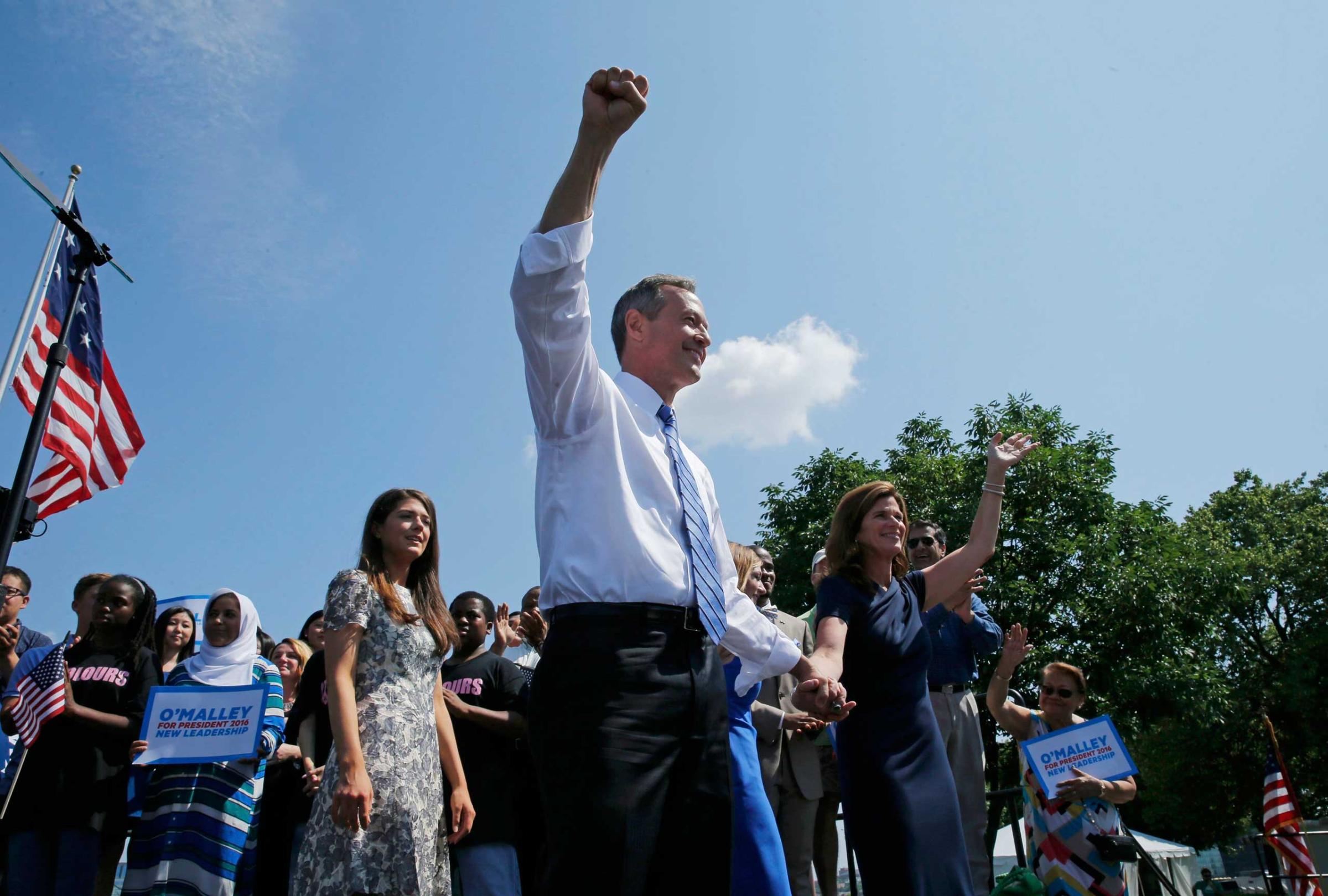
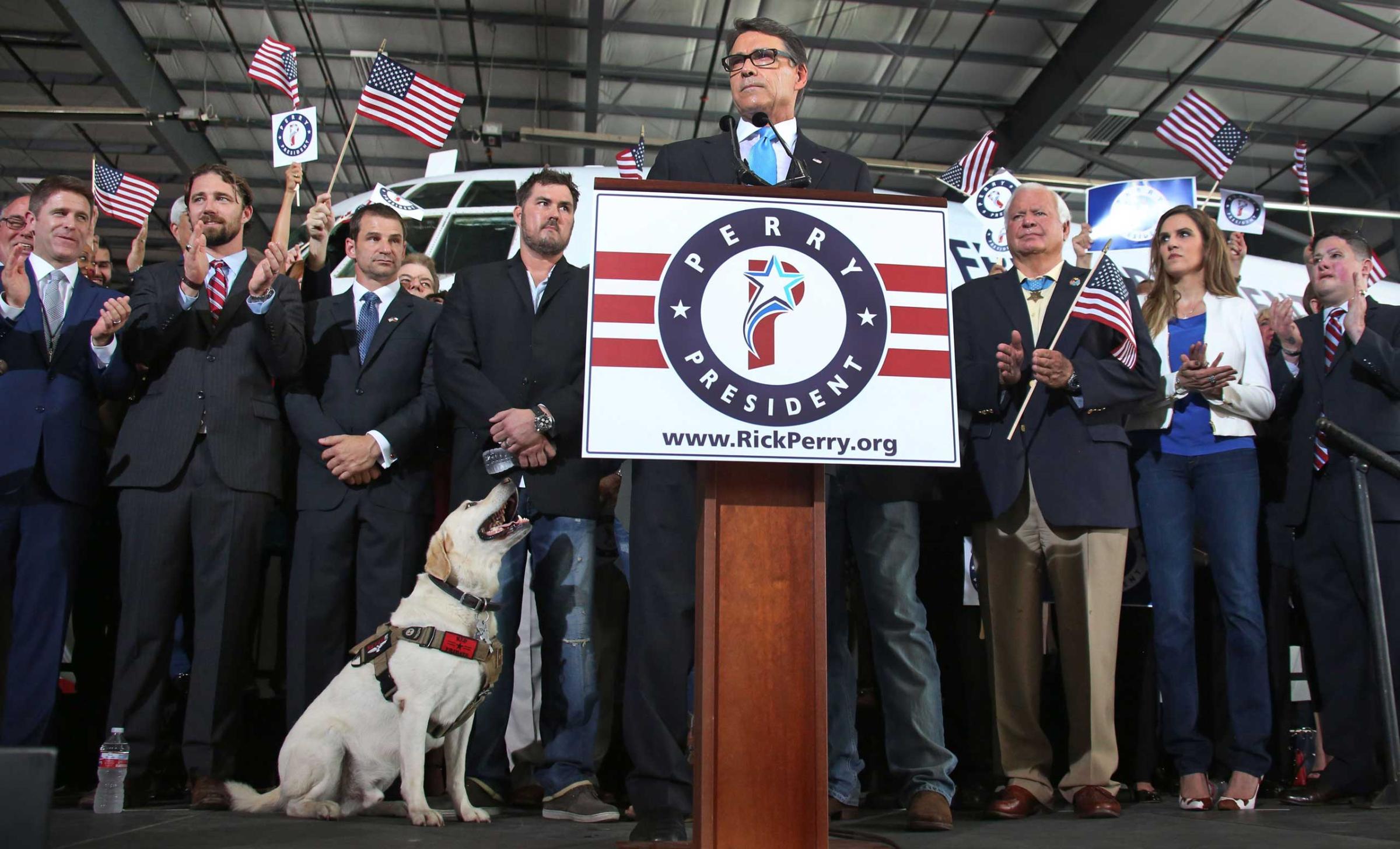
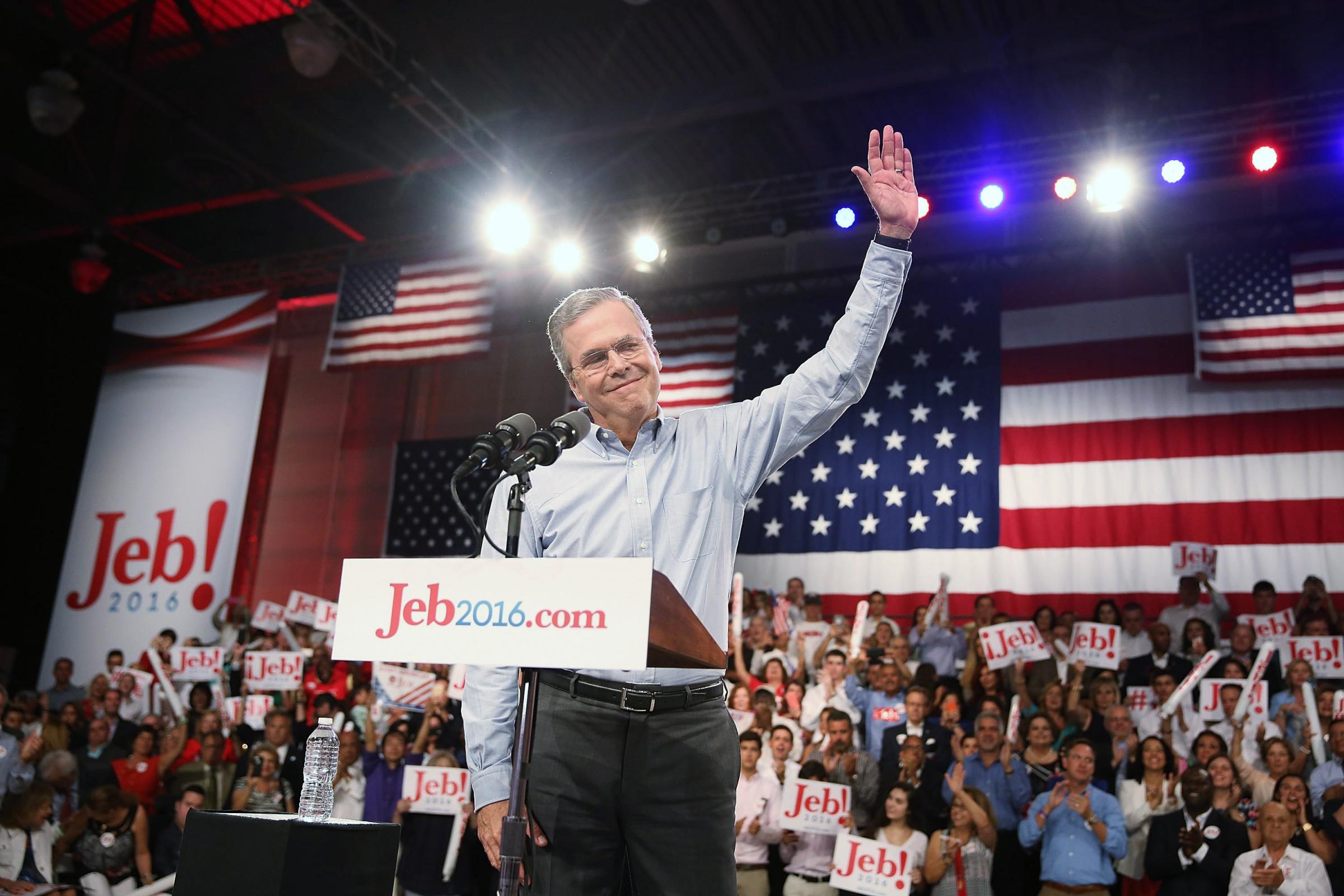
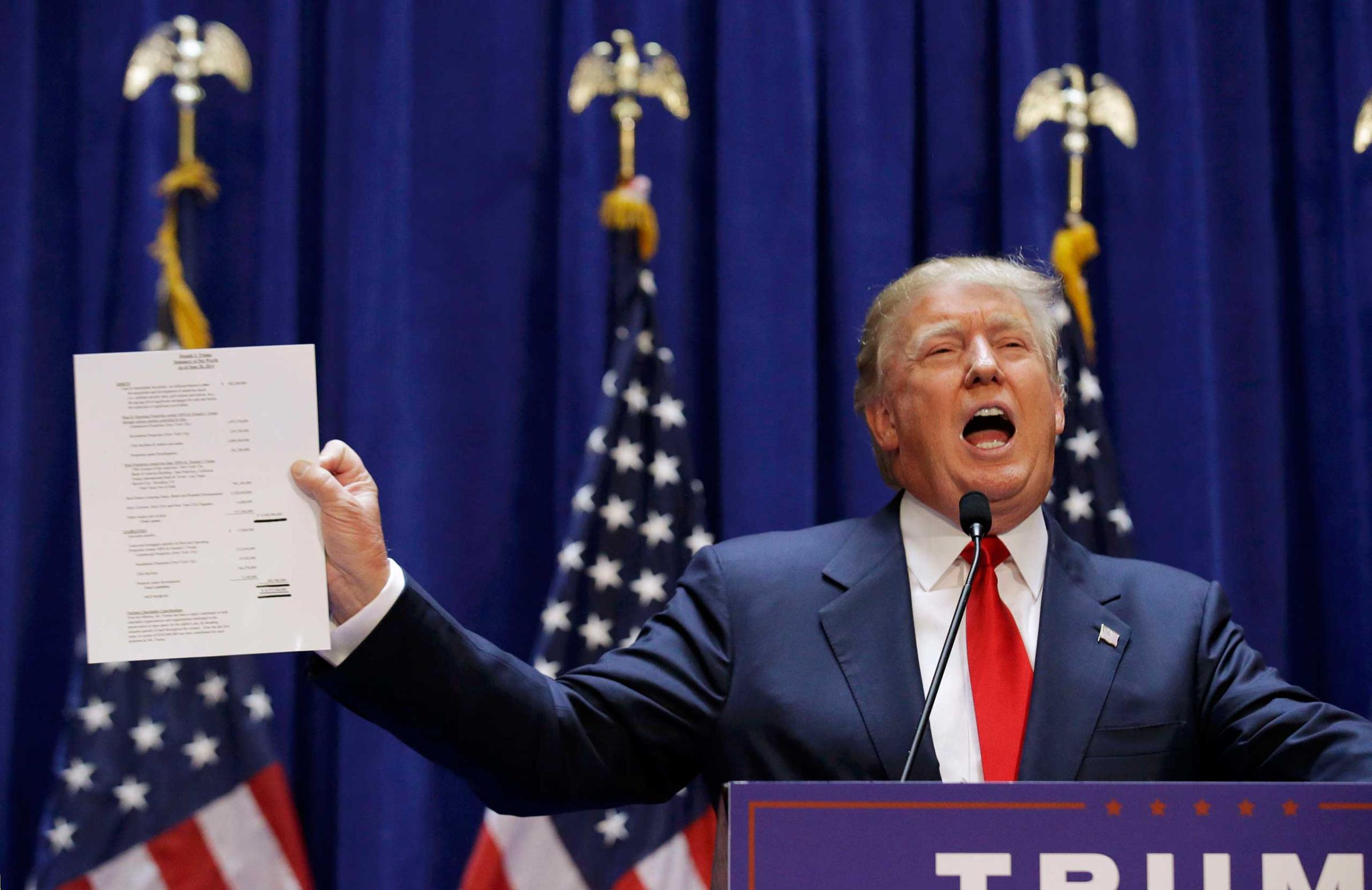
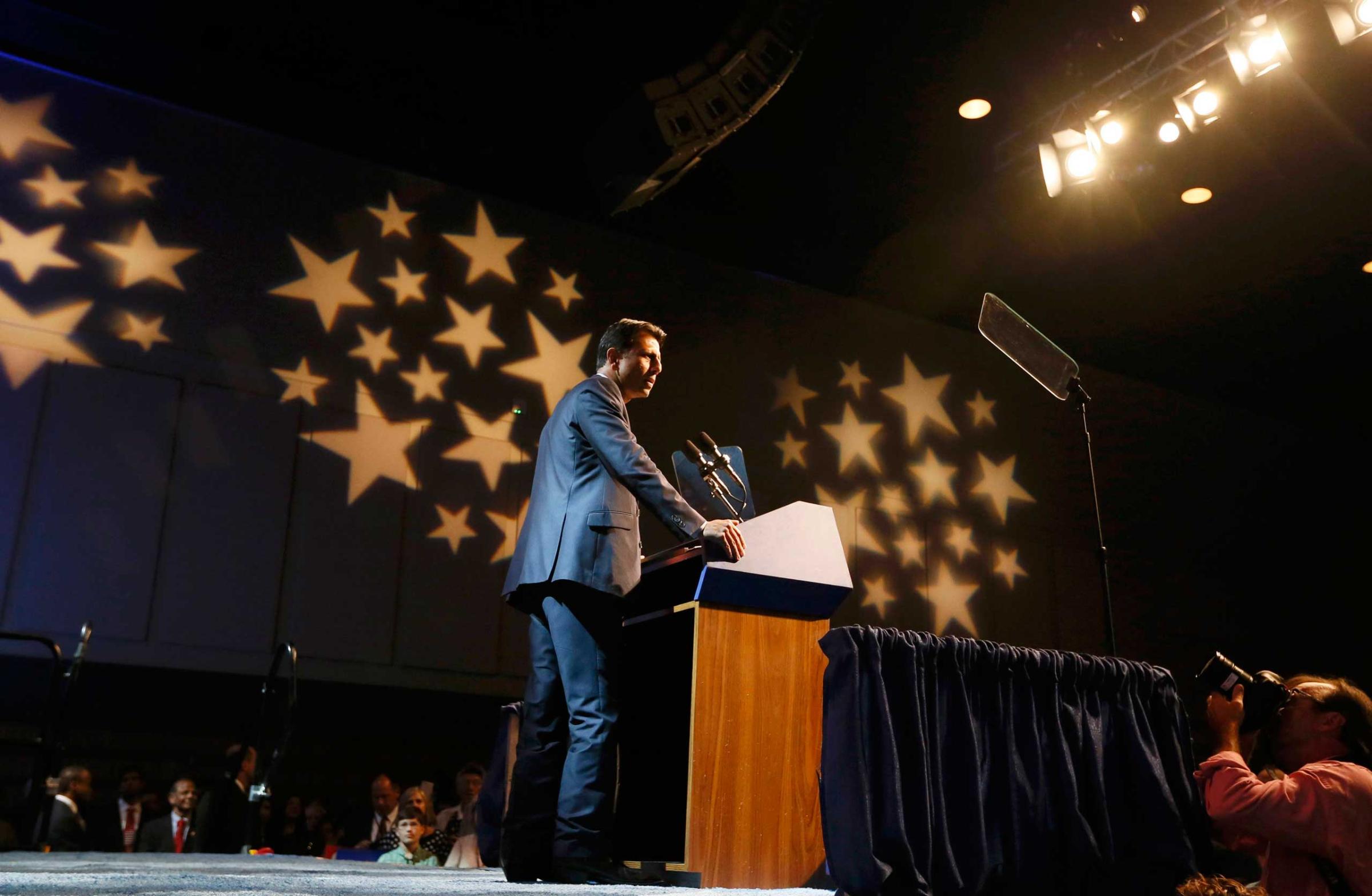
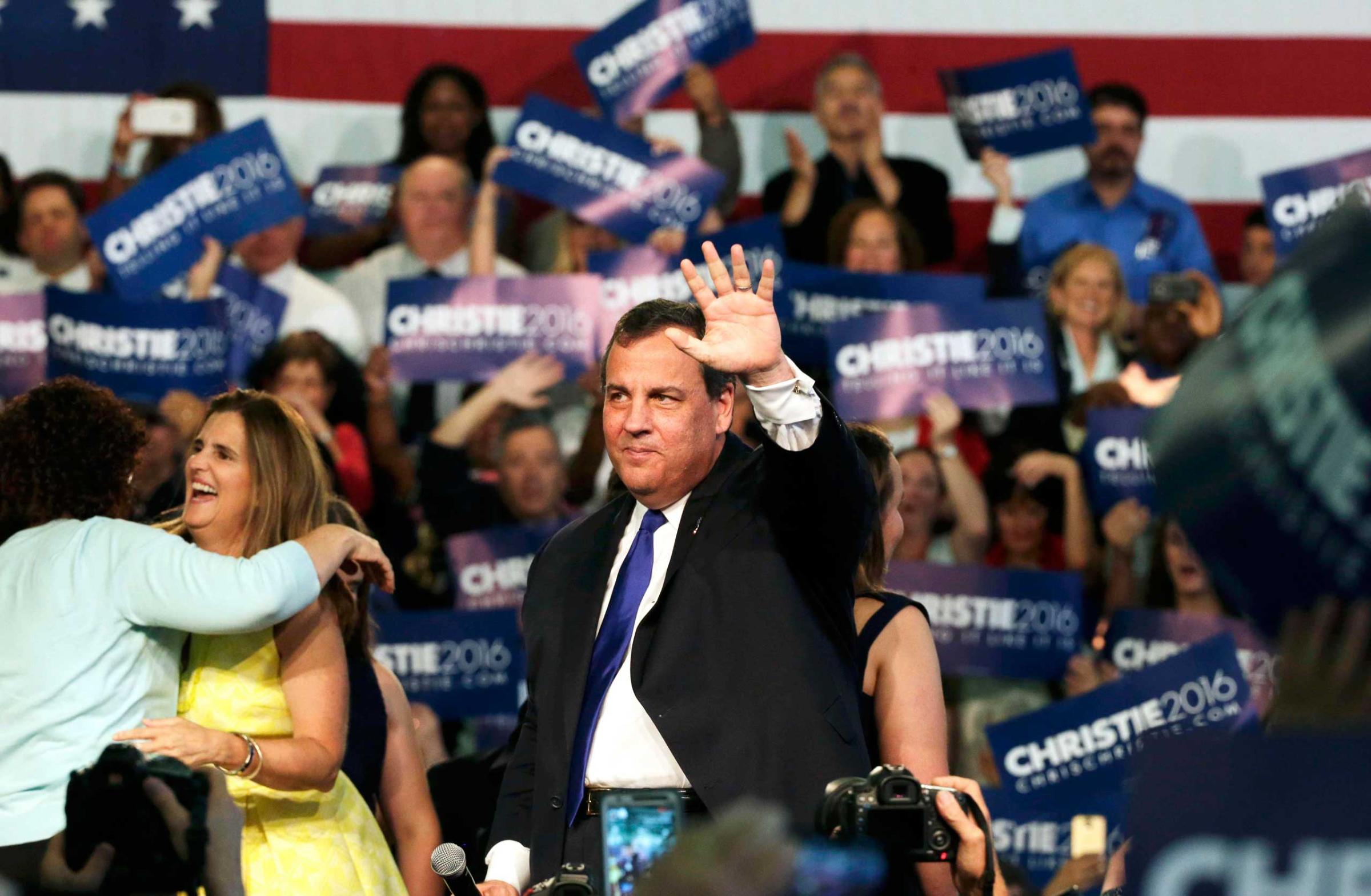
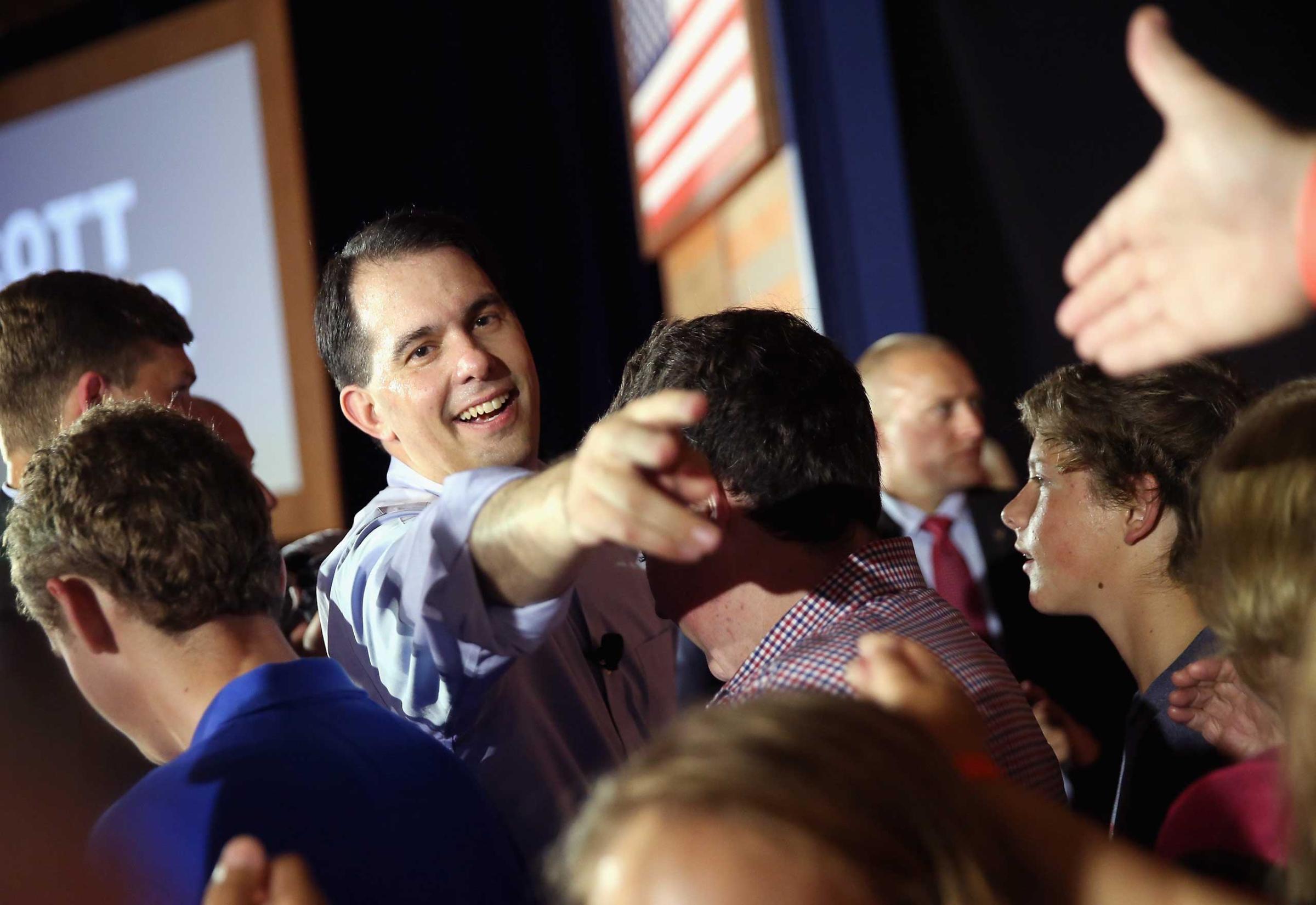
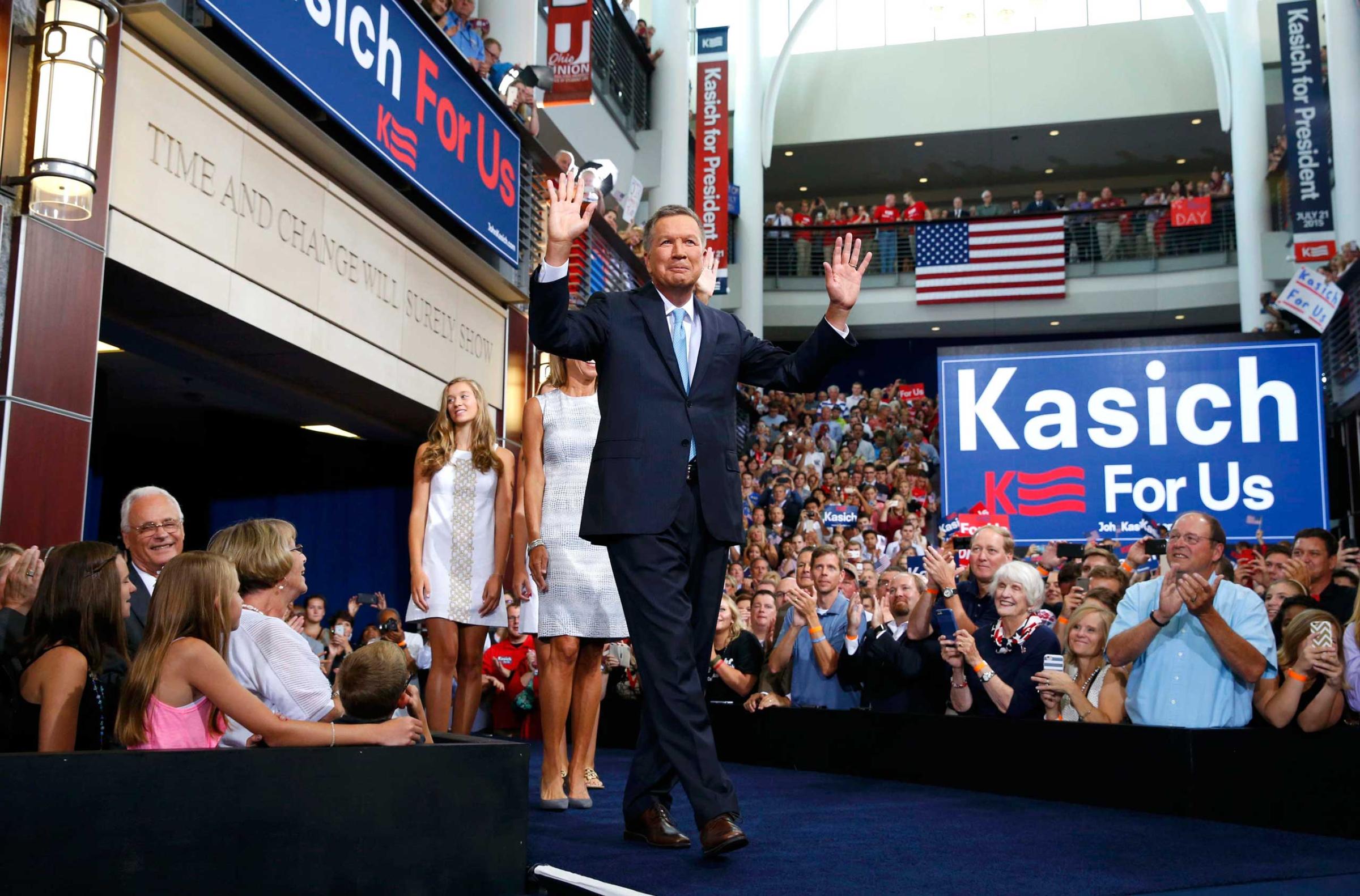
In an interview with TIME in his office earlier this month, Sanders explained his willingness to compromise. “The way things evolve is you find yourself where you are and how you apply your values and what you believe in in the strongest way possible within the context you are functioning,” said Sanders. “But there is a political reality—there is a legal reality of what you can do.”
Sanders likes to tell reporters not to underestimate him. He is challenging Hillary Clinton for the Democratic nomination in earnest. He’s got around 15% in the polls in early primary states to Clinton’s 60% or so, but his career has a long list of unlikely victories. In 2012, he won reelection in Vermont to the Senate with over 70% of the vote.
There’s good reason the son of a Brooklyn paint salesman has acquired a reputation over many years as an uncompromising populist, and as the Senate’s eccentric progressive. Sanders’ commitment to getting unaccountable money out of politics and addressing income inequality is unwavering. He wants to spend over $1 trillion on America’s infrastructure and he is a staunch advocate of raising the minimum wage. He embraces the moniker of “socialist,” a term more often used as coup de grace insult on Fox News than a proud label.
“In America today, objectively, if you add it all up, we are the wealthiest country in the history of the world. But the problem is that a very large amount of that wealth rests in the hands of a very few people. And huge numbers of people have virtually nothing,” Sanders tells TIME. “And that’s what propels me.”
He has his quirks: on a recent visit to his office in the stately Dirksen building, a TIME reporter encountered a life-size paper cutout of a Holstein cow, udders bright pink beneath folded blue window drapes, and a portrait of socialist hero Eugene V. Debs. In the 1980s, Sanders recorded a folk album in which he delivers a speech over a choir singing “We Shall Overcome”—the evidence of Sanders’ musical dalliance is easily available on YouTube.
But if Sanders’ first ideology is liberal socialism, his second is a more helpful one in American politics: realism. It’s realism that will bring him to Tuesday’s edenic rally on Burlington’s waterfront, rallying Vermont supporters for his presidential candidacy. And his realism may make him a stronger Democratic candidate than a socialist might appear. Still, Sanders’ chances of beating Clinton in the primary are about as slim as the likelihood of rain Tuesday on Lake Champlain. The weather forecast promises a brilliant, sunny, unspoiled afternoon.
More Must-Reads from TIME
- Donald Trump Is TIME's 2024 Person of the Year
- TIME’s Top 10 Photos of 2024
- Why Gen Z Is Drinking Less
- The Best Movies About Cooking
- Why Is Anxiety Worse at Night?
- A Head-to-Toe Guide to Treating Dry Skin
- Why Street Cats Are Taking Over Urban Neighborhoods
- Column: Jimmy Carter’s Global Legacy Was Moral Clarity
Contact us at letters@time.com